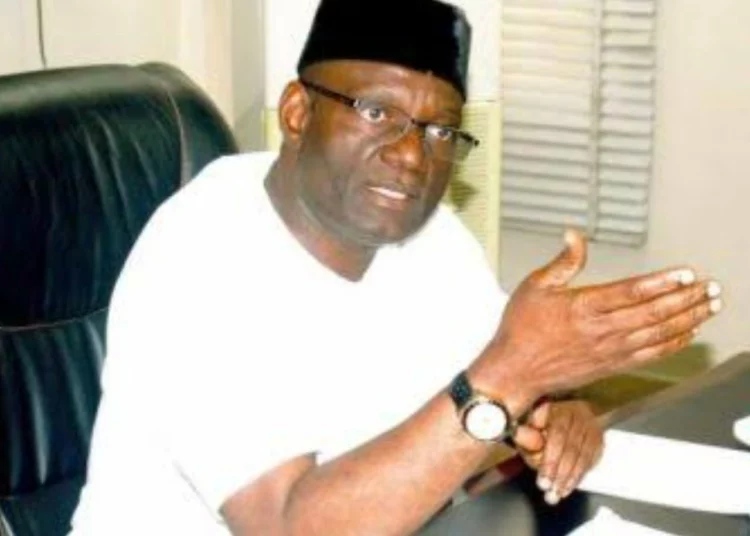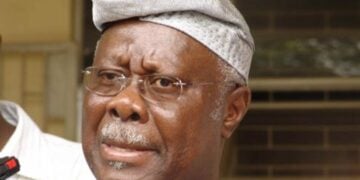The Executive Secretary, Nigerian Shippers Council, Emmanuel Jime said the trade volume between Nigeria and Bangladesh stands at $65 million in 2021 and likely to increase this year.
Jime’s statement comes at the visitation of the Bangladesh High Commissioner to Nigeria, Masudur Rahman to the council.
Trade between both countries encompass textile, pharmaceutical, rubber mainly important from Bangladesh to Nigeria, while Nigeria exported solid minerals to Bangladesh. But Jime has proposed a partnership deal between both countries in the area of Inland Dry Port, and expertise in managing Vehicle Transit Area management.
Besides both nations being members of the D8 countries and both developing economies, Bangladesh has been able to record significant economic progress compared to Nigeria whose economic activities revolve around volatile and non-reliable oil prizes. Bangladesh, Ambassador Rahman said is known for building its own ships, and are in possession of larger shipyard.
Mr. Jime is of the opinion that with the actualization of the partnership between both countries, their robust relations would be additionally improved.
“This visit with the High Commissioner of Bangladesh is about facilitating and exploring ways and means of supporting your organization’s growing successes at managing these complex drivers of the national economy within the context of the expanding bilateral relations between Nigeria and Bangladesh and the South-South cooperation framework.
“There are so many reasons why we can relate with Bangladesh in this space, with more than 166 million people, Bangladesh is ranked as the 8th most populous country in the world (Worldometer, 2021). It covers a land area of 147, 570 km2, and its density of 1265 people per km2 makes it one of the most densely populated countries in the world (World Population Review, 2020),” said the President of Nigeria Bangladesh Business and Technology Forum (NBBTF), Architect Bob Achanya.
It would be noted that Nigeria and Bangladesh are both developing countries, each with its own challenges, and highly complex socio-political fabrics. With a population of approximately 200 million and 165 million in Nigeria and Bangladesh respectively, both countries feature among the most highly populated nations in the world. The challenges posed by a huge population in terms of jobs creation, skills development and empowerment, as well as robust resource mobilization to fund development resonates across both nations.





